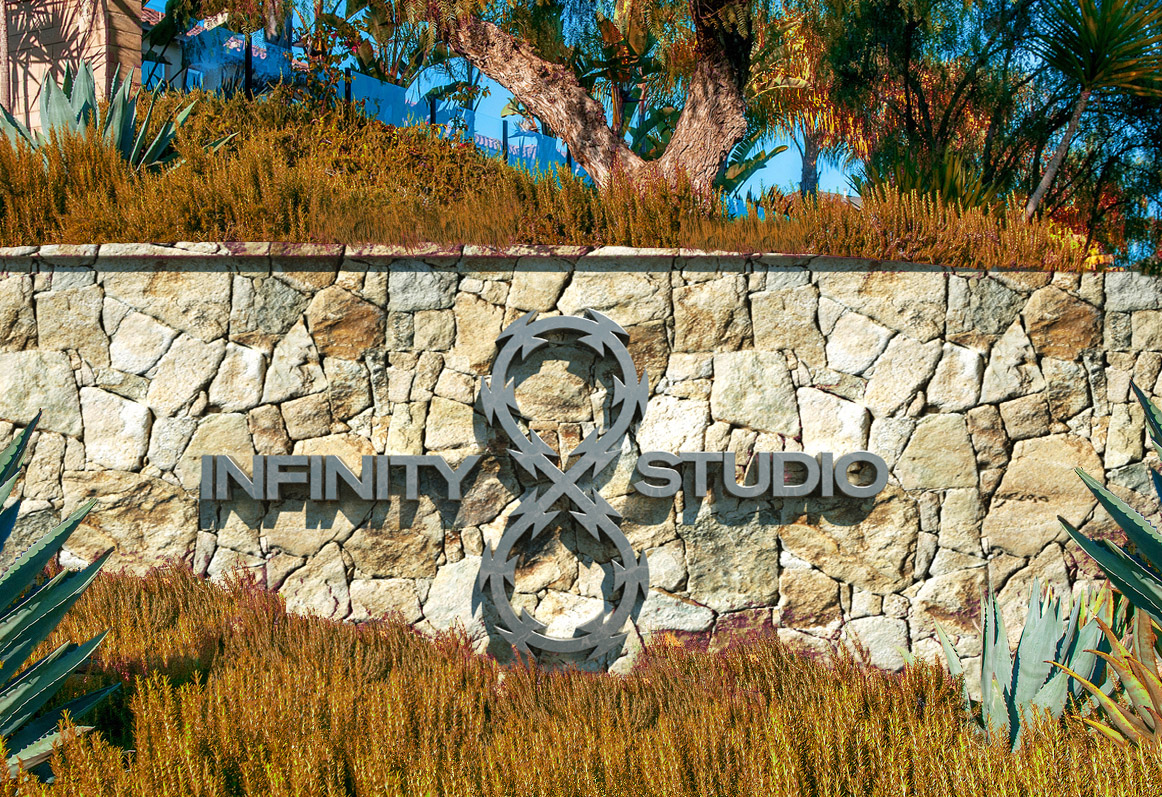“Militarized urbanism” – a term coined by geographer Stephan Graham. A term that describes the existence in South African cities, and is lived through the ubiquity and perceived necessity of concrete and electrified boundaries, pin codes, guard posts and CCTV.
INFINITY STUDIO, a residency curated by Bubblegum Club and CUSS, will see invited artists from various disciplines explore the meaning and everyday operation of privatization, militarization and escapism in South Africa’s urban landscape. The residency taking place from 29 March to 2 April is the first step for the INFINITY STUDIO program at Kampnagel in Hamburg in the frame of the Live Art Festival #8: SUPERSPACES.
This residency is organized as a curated tour which will see participants travelling to various spaces and events around Johannesburg. It is treated as a form of fieldwork or immersive brainstorming, and real life critical engagement with ideas around enclave communities, boundaries and surveillance in relation to fears about real or imagined dangers in urban spaces.
Participants include Bubblegum Club, Bogosi Sekhukhuni, CUSS, Daniel Rautenbach, FAKA, Hlasko, Kerry Chaloner, Michelle Son, Mona-Lisa Namér, PURE, Rich Mnisi, Rose Bonica and Zandi Tisani.
INFINITY STUDIO is produced by Kampnagel and Bubblegum Club, with the support of TURN – Fund of the Federal Cultural Foundation of Germany as well as the Goethe Institute.
Freedom Park- Here to Make Everything Perfect
Freedom Park is a lifestyle experience unparalleled in the Gauteng city-region. An oasis of peace and community, our estate residents enjoy both easy access to the thriving financial and business center of Johannesburg, and complete security from the chaos of the urban environment.
It is no secret that Johannesburg is dangerous, and that hard-working, decent citizens like yourself are threatened by depraved and squalid crimes. But it’s falsely believed that only the elite can afford total protection. At Freedom Park, we offer the complete security lifestyle experience at a competitive price. You and your family will wake up to the sounds of bird singing and go to bed smiling, safe in the knowledge that any dangers will be anticipated and removed with no mercy. You don’t need to be a multi-millionaire to enjoy multi-million peace of mind.
Our beautiful facilities cater to all tastes, from the rustic to the modern. Housing units are designed to the utmost architectural standards, and you may never want to leave your home again. But we hope you will come and enjoy our family restaurants, affordable mall space and driving range.
Your children will love the dedicated play areas. And for those looking for adult playtime, our resident’s leisure committee organises discreet thrills, which push the boundaries of sanity and morality. You can even try on a new personality for size, with Freedom Park selected as one of the pilot sites for an experimental augmented reality center, offering experiences that are out of this world.
Freedom Park enjoys guaranteed tranquility. Our estate security committee is prepared to get their hands dirty when the police won’t. Onsite staff bring in a wealth of combat experience from their time in Iraq, Afghanistan, Somalia, Libya, Mexico, Nigeria and Syria. The recently opened community detention center is on offer to resolve family disputes. And as an exclusive service, our guards are happy to assist in aggressively resolving any offsite challenges.
Freedom Park offers a complete lifestyle paradise, free of all anxiety. Why should you have to die to go to Heaven?




